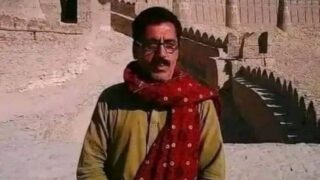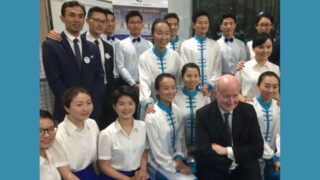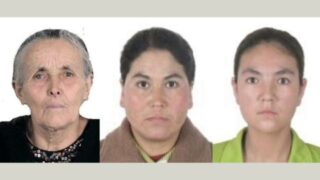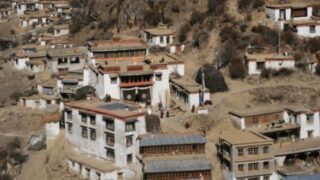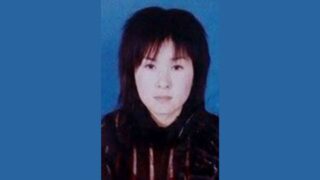The successful international movement based in Korea is becoming a target of CCP repression.
by Chen Wangli
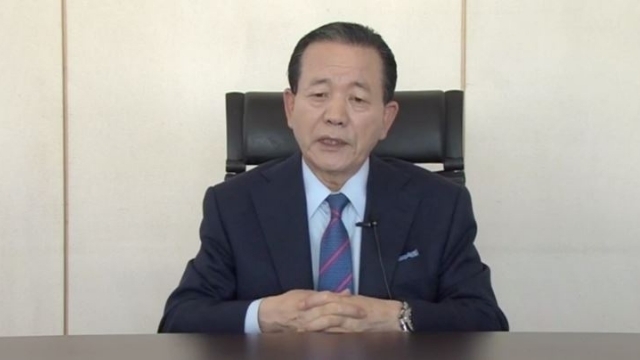

Yanbian Korean Autonomous Prefecture in Jilin province banned the Darakbang Movement, also known as “Mark House Emmanuel Church” and “World Evangelization Evangelism Alliance,” in the last month of April. The movement is not listed as a xie jiao but has been banned as an “illegal social organization.” Bitter Winter has learned that devotees were interrogated in the Yanbian Prefecture, which is home to a significant Korean-speaking minority, and that the Darakbang Movement was also investigated in Chongqing, Sichuan, Xinjiang, Hebei, Tianjin, Beijing, Guangdong, Shanghai, and Henan. Normally, these investigations and local measures prepare a nation-wide ban and the inclusion in the list of the xie jiao.
Some devotees told us that South Korean “anti-heresy” activists, who are known for their cooperation with the CCP in reporting about groups they consider unorthodox, alerted the Chinese authorities about the Darakbang Movement and told them that they have some similarities with the Shouters, a group banned as a xie jiao and a cause of great concern for the CCP. For several years, the Darakbang Movement has been able to operate more or less undisturbed in China, and his evangelistic methods have influenced even congregations of the government-controlled Three Self Church.
The Darakbang Movement is in fact part of South Korea’s Presbyterian milieu. The name Darakbang means “Upper Room” in Korean and refers to the Gospel of Mark 14:15. When the disciples asked Jesus where they should celebrate what would in fact be their last Passover together, the Master directed them to look for a man carrying a pitcher of water, who “will show you a large upper room, furnished and prepared.” This “Upper Room” will become the Cenacle, the site of the Last Supper.
Ryu Kwang-su was the successful pastor working at several Presbyterian congregations in Busan He launched Darakbang as a method of evangelization in 1987 and established Dongsam Jeil Church (later, Busan Emmanuel Church). In 1991, he was expelled from his branch of the Presbyterian Church for heresy and established the Darakbang Evangelism Training Center as an independent organization. He moved to a new building and started expanding his network of followers throughout Korea and internationally, including in the United States and Peru. In 1996, Ryu founded the World Evangelism Alliance, and in 1997, the Korean Presbyterian Church Evangelism General Assembly. Training centers in several countries operate under the name Remnant Unity Training Centers (RUTC).
From 1995 on, several Korean Presbyterian, Baptist, and Methodist denominations pronounced Darakbang a heresy and even a “cult,” while others have resisted applying these labels to Ryu’s movement and maintain friendly relations with him. The main accusations against Darakbang are that it adopted a non-orthodox view of the Trinity based on the teachings of Chinese preacher Witness Lee (some of whose followers are nicknamed “Shouters” in China); that it insists excessively on the role of demons; and that it claims (allegedly) that its evangelistic strategy is the only valid method for the Christian mission today.
In 2011, the International Korean Christian Coalition Against Heresy, an umbrella Christian anti-cult organization, was established in South Korea. It identified Darakbang as one of its targets, and lobbied Protestant churches and the Christian Council of Korea to cut ties with Pastor Ryu’s movement.
It is well-known that Korean Christian anti-cultists regularly cooperate with the CCP in combating both the presence in South Korea of Chinese groups labeled as xie jiao in China, such a Falun Gong or The Church of Almighty God, and the missions to China of Korean movements they regard as “heretical.”
Of course this is a paradox, as conservative Christians who are politically anti-Communist cooperate with an atheist Communist Party. But it seems that for them fighting “cults” at home and internationally is more important than defending religious liberty against totalitarian regimes. The Darakbang Movement is becoming just another victim of this cooperation.



